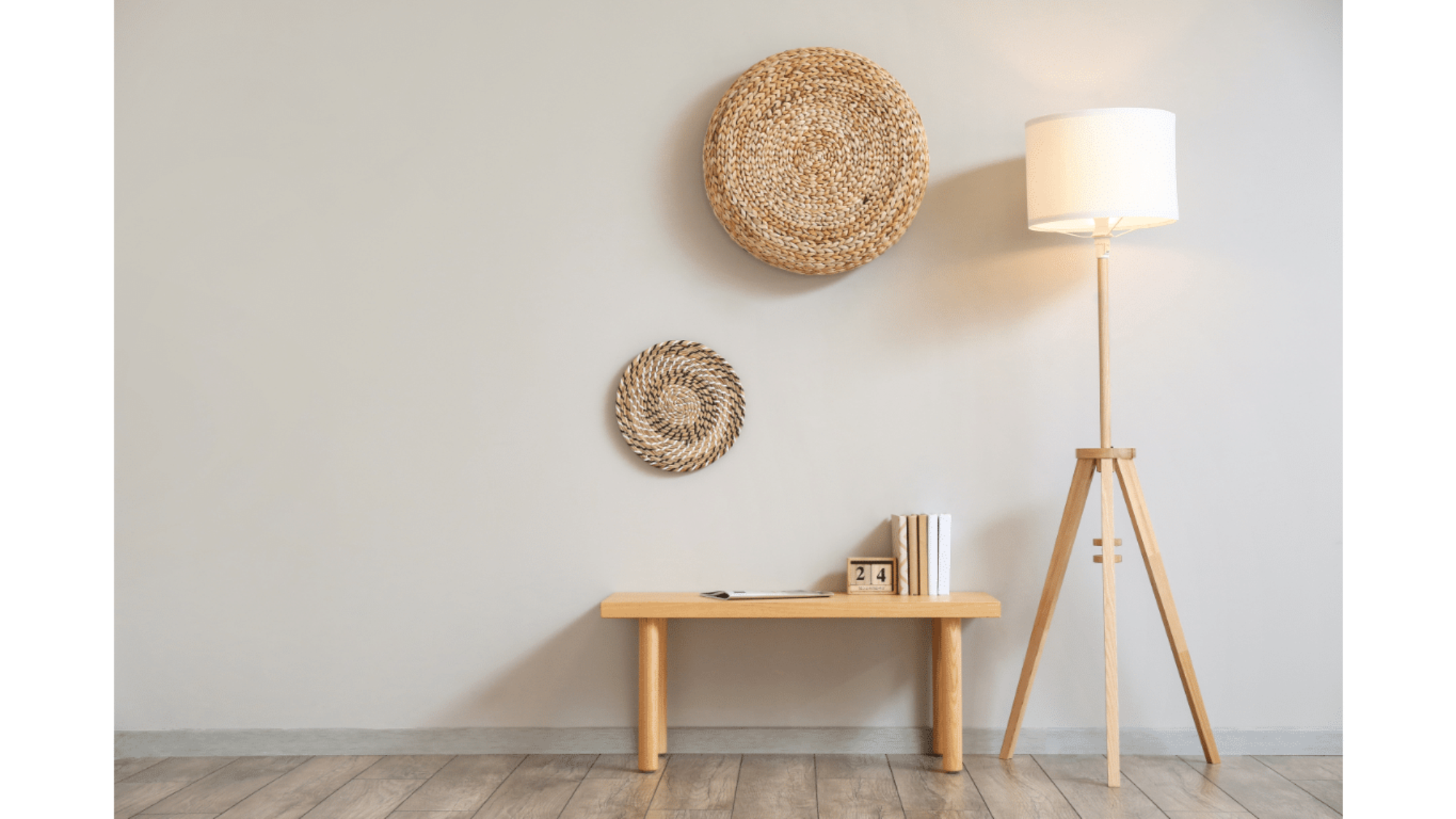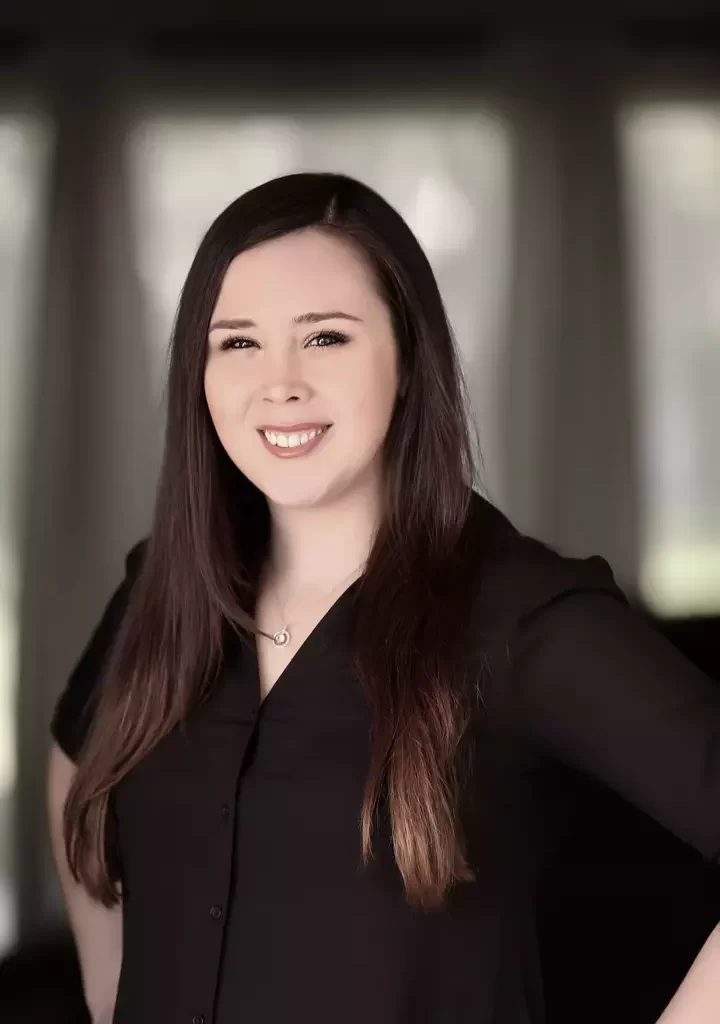In one way or another we have all experienced struggles during this difficult time. I too have found it difficult to adjust to this “new normal.”
In an effort to make more positive use of this time, I have become very interested in the minimalism lifestyle. This is something that has always caught my attention but I have never truly had an opportunity to explore…until now.
Minimalism is about “living with less.” This means less things, less financial burdens such as debt and unnecessary expenses, and less stress. For many, minimalism is about getting rid of excess stuff and living your life based on experiences rather than worldly possessions. In maintaining this lifestyle, you will also limit unnecessary spending, which is especially helpful in times of financial crisis.
The philosophy behind this lifestyle is to find peace and purpose in the things you already have, becoming realistic with what you need in your life, as well as limiting possessions that add clutter and chaos to your home.
Lessening and managing the clutter within your home may also help positively change your mindset and perspective. When this occurs, people tend to focus their attention on the meaningful connections and experiences in their life rather than their belongings.
Therefore, adopting this lifestyle can help foster healthy relationships with those who are most important to you. In understanding the value of human connection and experience, we become more present and genuine with one another.
I have found this lifestyle to be useful because I have realized that in eliminating the clutter that surrounds us, we are also eliminating chaos from our lives-both internally and externally. It is very simple…Declutter your home, and you will declutter your mind.
Sounds great right? But how does one become a “minimalist?”
1. Go through your home and ask yourself what do you truly need and what can you live without? Minimalism means intentionally living with only the things you need; surrounding yourself with fewer material items allows you to focus on doing more with your time and life. In this way, you will live your life with more purpose, more intention, and more happiness. Some questions you should consider are:
Is this item useful to me?
Is it the only one I own?
Does this item bring me joy or happiness?
If you answer yes to any of these questions, then that item may stay in your home.
2. Minimalist living allows you the freedom to spend less time and money on stuff, and spend more energy on actually living. As previously mentioned, not only will the clutter lessen, but your bank account will increase, and you will find joy and creativity in the moments you choose to invest your time in.
3. Minimalism looks different for everyone, so ask yourself what is truly meaningful in your life? Once you decide on the items you would like to keep, organize them in a way that works best for you. And ask yourself “how much” or “how many” are necessary for your home to function. Many minimalists offer suggestions on the number of items that are truly important-this will change for each person and each household.
4. Once you have more space in your home, you will find that you will no longer feel the need to invest as much time and energy into cleaning and upkeep. You will have more time to yourself-to do the things that truly make you happy. Plus, you will have more space to use inside your home. This is especially helpful if you have small children who need room to play.
5. In recreating your living space, many minimalists also utilize plants to help bring nature and balance into their homes. There are many benefits to owning plants. Research has even shown that people who surround themselves with plant life experience emotional, physical, and mental health benefits that have a positive impact on their social, psychological, physical, cognitive, environmental, and spiritual well-being. Plants truly have the ability to reduce stress, anxiety, and depression.
6. Once you are able to change your lifestyle, it is then time to maintain all that you have worked hard to change. Do not refill your home and living space with other unnecessary items. Be cognizant of your purchases and how you would like to invest your time, energy, and money.
As this period of isolation and uncertainty continues, people will continue to “feel stuck” in their own homes. Use this time to work on yourself, your home, and your relationships. See this period in your life as an opportunity for growth and personal connection. Minimize the clutter to maximize your quality of life.



